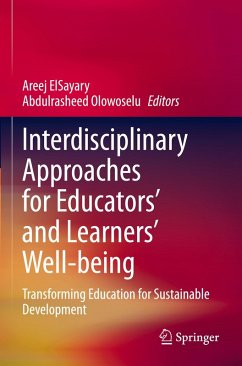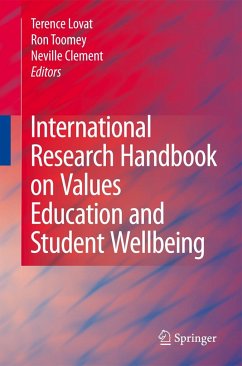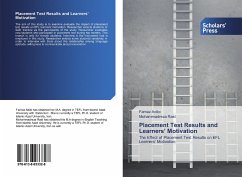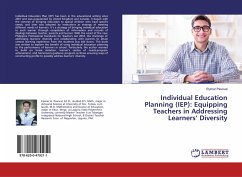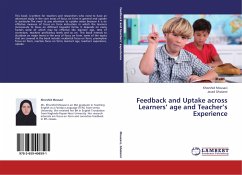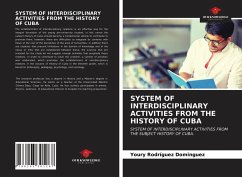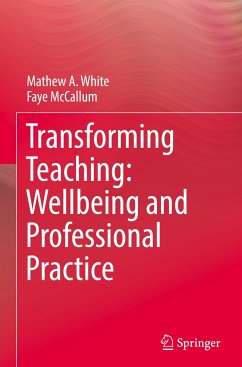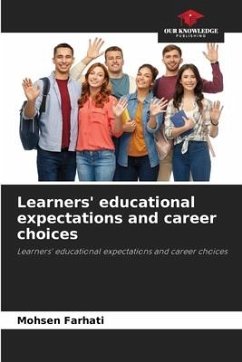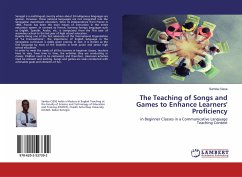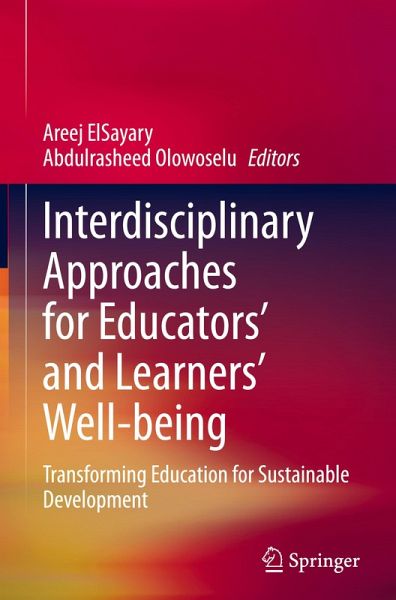
Interdisciplinary Approaches for Educators' and Learners' Well-being
Transforming Education for Sustainable Development
Herausgegeben: ElSayary, Areej; Olowoselu, Abdulrasheed

PAYBACK Punkte
53 °P sammeln!
This book bridges knowledge gaps by exploring transformative approaches for sustainable development to ensure high-quality and positive education and increase educators' and learners' well-being. It offers research findings, best practices, case studies and empirical research.The work inspires and guides educators in implementing effective strategies by means of interdisciplinary approaches. It is a valuable resource supporting ongoing professional development for teachers and educational leaders, enhancing pedagogical strategies, curriculum design and a safe positive educational environment. ...
This book bridges knowledge gaps by exploring transformative approaches for sustainable development to ensure high-quality and positive education and increase educators' and learners' well-being. It offers research findings, best practices, case studies and empirical research.
The work inspires and guides educators in implementing effective strategies by means of interdisciplinary approaches. It is a valuable resource supporting ongoing professional development for teachers and educational leaders, enhancing pedagogical strategies, curriculum design and a safe positive educational environment. Additionally, it addresses global challenges in education, fostering a broader discourse on education's role in promoting interdisciplinary approaches, sustainable development, and well-being for a more inclusive future.
The work inspires and guides educators in implementing effective strategies by means of interdisciplinary approaches. It is a valuable resource supporting ongoing professional development for teachers and educational leaders, enhancing pedagogical strategies, curriculum design and a safe positive educational environment. Additionally, it addresses global challenges in education, fostering a broader discourse on education's role in promoting interdisciplinary approaches, sustainable development, and well-being for a more inclusive future.



